Health myths spread faster than facts on social media, leaving millions of people making daily decisions based on outdated or completely false information. If you’ve ever forced yourself to drink eight glasses of water daily or avoided eggs because of cholesterol fears, you’re not alone in believing these common health misconceptions.
This guide is for anyone tired of health misinformation who wants evidence-based health truths backed by real scientific research. We’ll examine the most persistent health myths debunked by modern studies and replace them with facts you can actually trust.
You’ll discover why the famous “8 glasses of water daily” rule isn’t supported by scientific proof health facts, and learn the real story behind nutrition myths busted by recent research. We’ll also tackle those body temperature illness myths your grandmother probably taught you, plus reveal the truth about personal care product safety myths that might be causing unnecessary worry in your daily routine.
Water Intake Myths: Why 8 Glasses Daily Isn’t Required
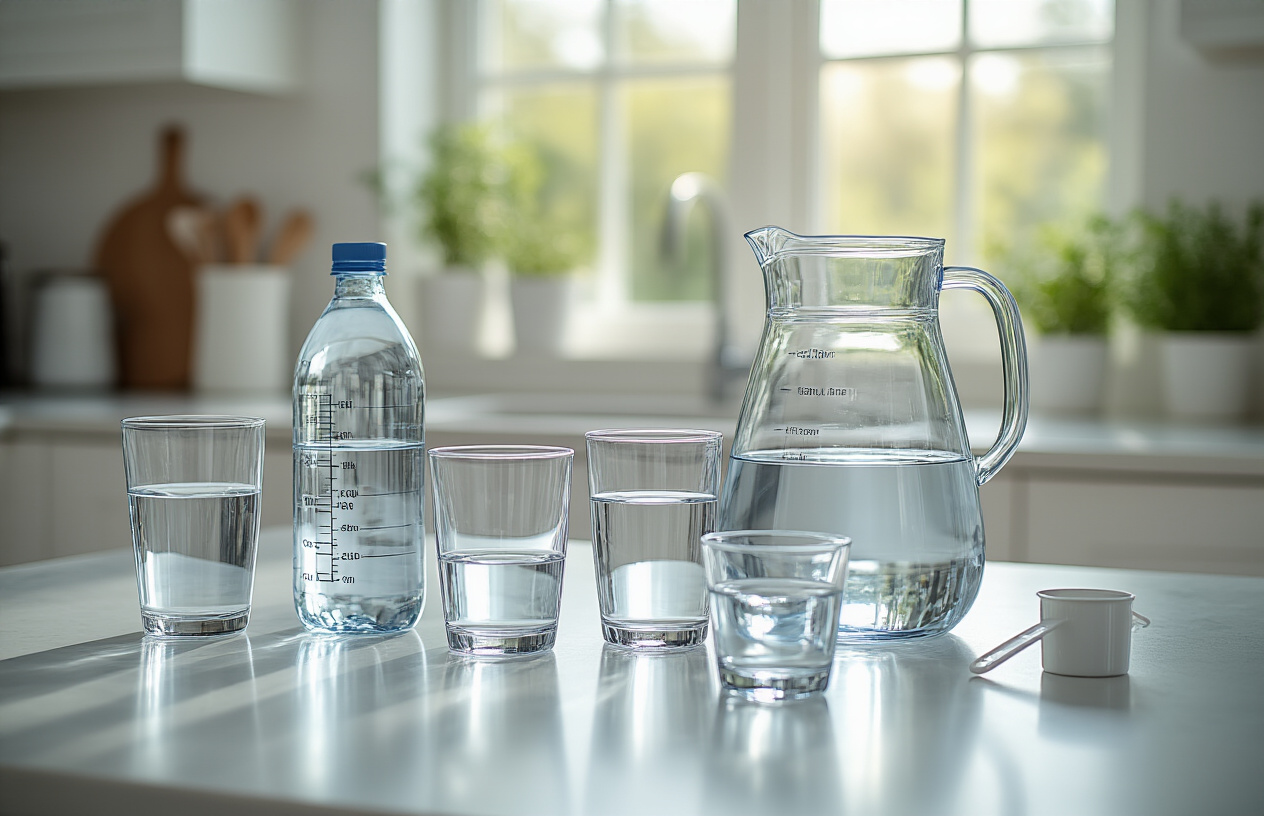
How Your Body Actually Signals Proper Hydration Needs
Your body’s thirst mechanism isn’t as reliable as you might think for maintaining optimal hydration. When you feel thirsty, you’re already in the early stages of dehydration, making it harder to catch up with adequate fluid levels. The thirst signal often gets satisfied before your body reaches proper hydration again, which is why relying solely on thirst isn’t the best strategy. Instead of waiting for that parched feeling, it’s better to drink fluids at regular intervals throughout the day. Your individual hydration needs vary based on several factors including weather conditions, your personal sweat rate, and overall health status. To determine your unique sweat rate during exercise, weigh yourself before and after workouts – for every pound lost, you should drink 24 ounces of water to properly rehydrate.
Natural Water Sources Beyond Plain H2O That Count
Hydration doesn’t come exclusively from drinking plain water, despite common health myths suggesting otherwise. Your daily fluid intake includes various sources like soups, tea, coffee, and even gelatin-based foods. Perhaps more importantly, a significant portion of your water intake should actually come from food products, especially high water content foods like vegetables and fruits. Coffee, often mistakenly believed to cause dehydration due to its caffeine content, actually contributes to your hydration status since it’s mostly water. While caffeine does have a mild diuretic effect, the water content in your morning coffee balances out this effect when consumed in typical amounts. This scientific evidence debunks the myth that caffeinated beverages don’t count toward your fluid goals.
When You Actually Need to Increase Water Consumption
Certain circumstances require you to increase your water intake beyond normal recommendations. Hot and humid weather conditions significantly elevate your hydration needs as your body works harder to maintain normal temperature through increased sweating. During intense physical activity or extended time in hot climates, pay attention to your sweat patterns – if you notice white residue on your clothing (not from deodorant), you’re losing higher concentrations of salt and may need sports drinks containing sodium rather than just water. Pregnancy and breastfeeding also increase fluid requirements above typical levels. Additionally, specific health conditions may require adjusted water consumption, making it essential to consult with your doctor about your individual hydration needs, particularly during summer months when dehydration risks increase.
Food and Nutrition Falsehoods That Impact Your Daily Choices
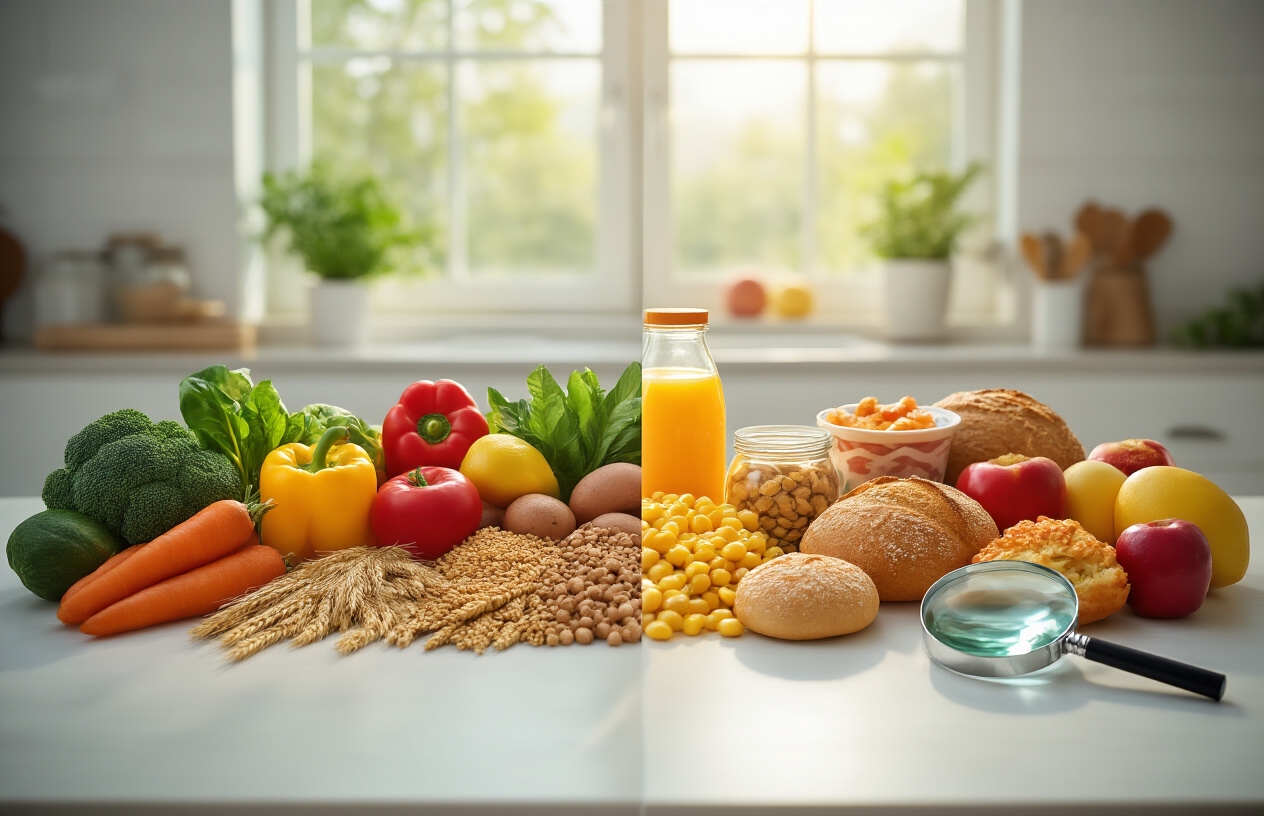
Why Eggs Don’t Harm Your Heart Despite Cholesterol Content
Contrary to widespread belief, dietary cholesterol from eggs doesn’t automatically raise blood cholesterol levels in most people. The liver produces most of the body’s cholesterol naturally, and consuming eggs as part of a balanced diet doesn’t significantly impact cardiovascular health for the majority of individuals.
The Truth About Multivitamins and Real Nutrient Absorption
Most healthy individuals following a balanced diet don’t need multivitamins to meet their nutritional requirements. The body absorbs nutrients more effectively from whole foods rather than synthetic supplements. Focus on consuming a variety of fruits, vegetables, whole grains, and lean proteins to naturally obtain essential vitamins and minerals.
How Skipping Breakfast Can Actually Support Weight Loss
The myth that breakfast is the most important meal for weight loss has been debunked by scientific research. Skipping breakfast can be part of an effective weight management strategy when it reduces overall daily calorie intake. What matters most is total caloric consumption throughout the day, not meal timing.
Why Fruit and Vegetable Peels Boost Your Nutritional Intake
Many people discard nutrient-rich peels from fruits and vegetables, missing valuable fiber, vitamins, and minerals. Apple peels contain antioxidants, potato skins provide potassium and fiber, and citrus peels offer essential oils and flavonoids. Thoroughly washing produce allows you to safely consume these nutritionally dense outer layers.
Body Temperature and Illness Misconceptions You’ve Believed
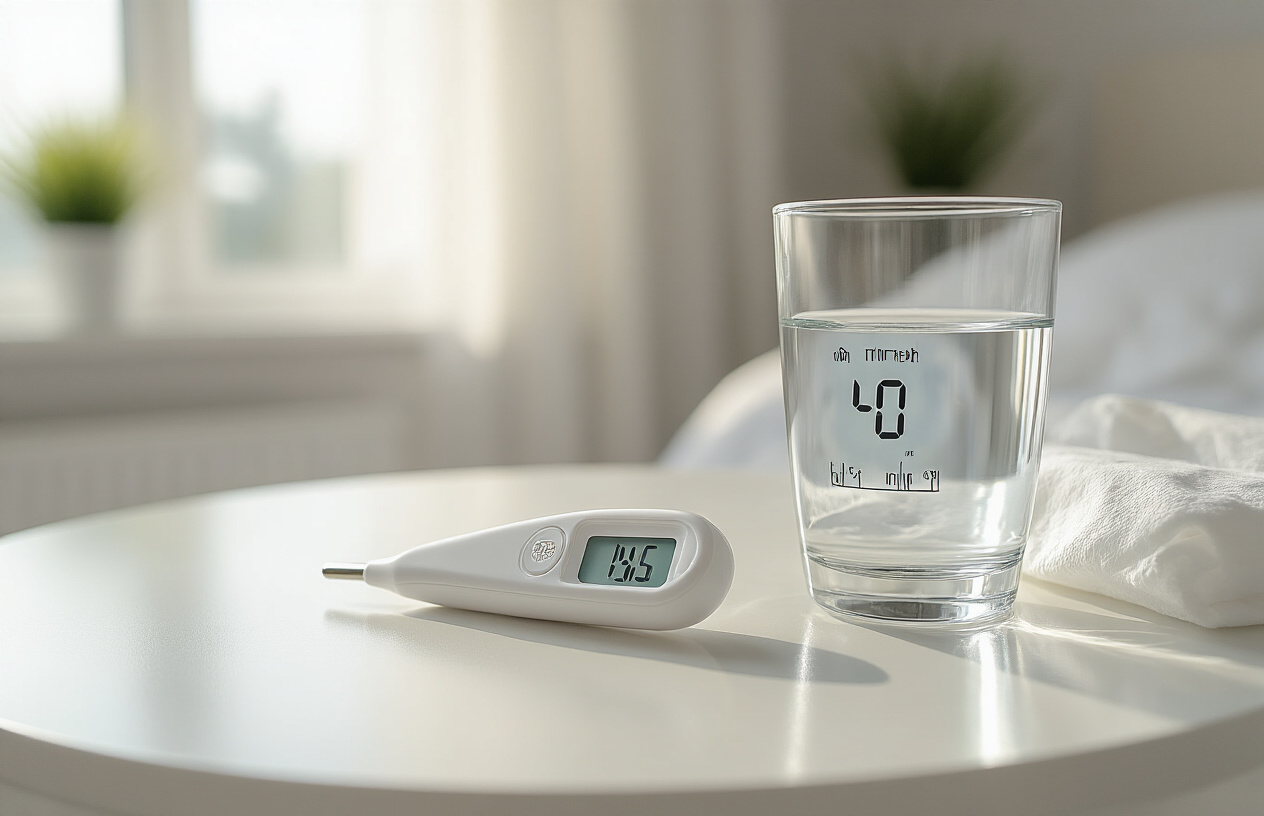
Why Cold Weather Doesn’t Actually Cause Colds
Cold weather doesn’t make you sick, despite common beliefs. Research demonstrates that exposure to cold temperatures alone doesn’t increase your likelihood of developing a cold. In controlled studies, volunteers exposed to cold conditions showed no higher rates of rhinovirus infection compared to those kept warm. The real culprit behind increased illness during colder months is behavioral – cold weather drives people indoors where closer contact with others makes sharing germs easier. Colds are caused by viruses transmitted through bodily fluids from sneezing, coughing, and nose-blowing, not temperature exposure.
How Wet Hair While Sleeping Won’t Make You Sick
Going outside with wet hair won’t increase your chances of catching a cold, contrary to widespread belief. This body temperature illness myth has been thoroughly debunked by medical experts who confirm that wet hair doesn’t make you more attractive to germs or compromise your immune system. Since colds are caused exclusively by viral infections spread through contact with infected bodily fluids, the moisture level of your hair has zero impact on your susceptibility to illness. While wet hair in cold weather may cause temporary discomfort, it poses no actual health risks regarding viral infections.
What Really Happens When You Apply Ice to Burns
The reference content provided doesn’t contain specific information about applying ice to burns, so this subsection cannot be accurately written based on the available scientific sources about body temperature and illness misconceptions.
Personal Care Products and Safety Myths Exposed
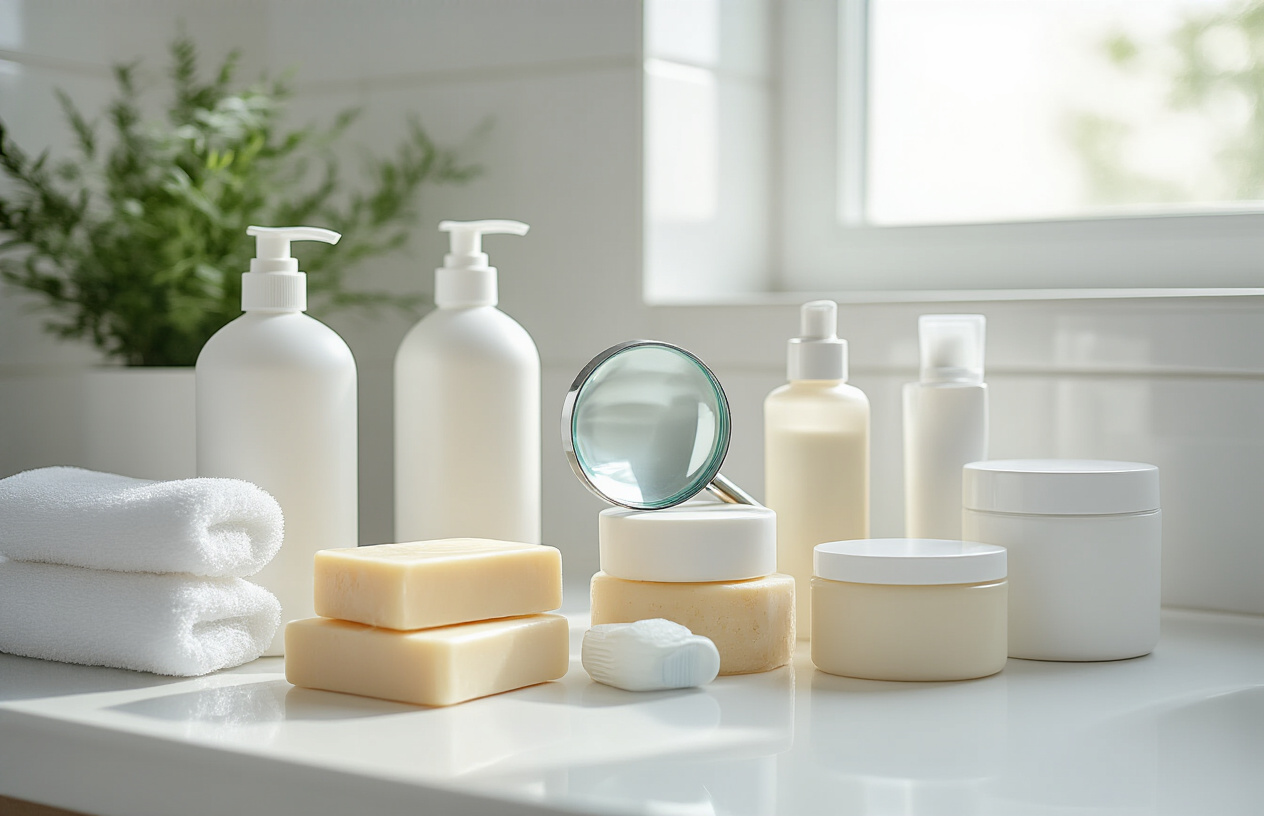
Scientific Evidence Debunking Antiperspirant Cancer Links
The widespread belief that antiperspirants cause cancer has been thoroughly debunked by scientific research. Despite persistent personal care product safety myths, no credible evidence links aluminum-based antiperspirants to breast cancer or other malignancies. Medical studies consistently show these products are safe for daily use when applied to healthy skin.
Why Toilet Seats Are Actually Cleaner Than You Think
Contrary to common health misconceptions, toilet seats harbor fewer harmful bacteria than many household surfaces. The smooth, non-porous material and frequent cleaning make them surprisingly hygienic. Regular soap effectively eliminates bacteria without requiring antibacterial products, which experts warn may contribute to antibiotic resistance when overused.
How Bathroom Door Handles Pose Greater Health Risks
While people avoid toilet seats, bathroom door handles present significantly higher contamination risks. These frequently-touched surfaces collect bacteria from multiple users throughout the day. Thorough and consistent hand-washing with regular soap, not antibacterial alternatives, remains the most effective method for preventing infection spread after contact with these high-risk surfaces.
Body Functions and Physical Symptoms That Are Misunderstood
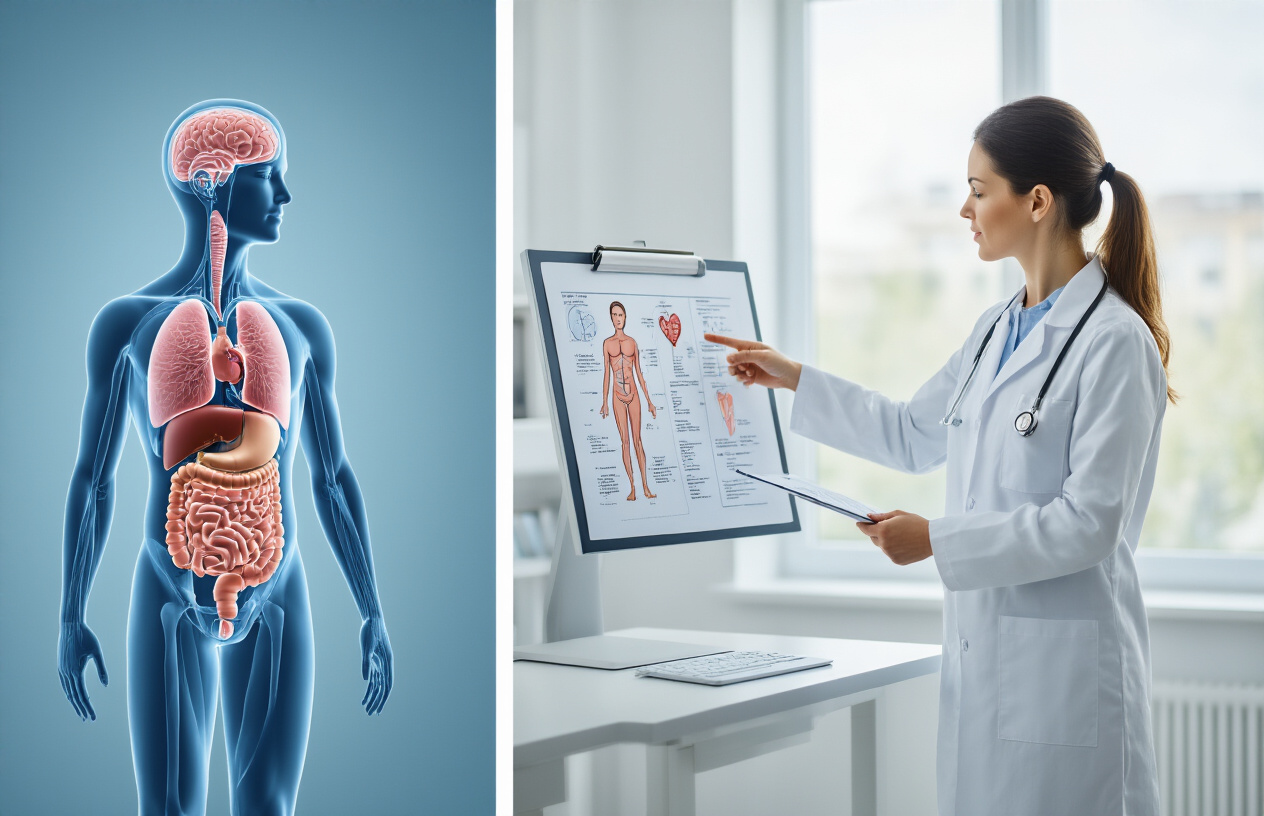
Why Green Mucus Doesn’t Always Mean Bacterial Infection
Contrary to popular belief, green-colored mucus doesn’t automatically indicate a bacterial infection requiring antibiotics. The green color comes from neutrophils (white blood cells) releasing enzymes during immune responses, which can occur with both viral and bacterial infections. Scientific evidence shows that mucus color alone isn’t a reliable diagnostic indicator, as viral infections can also produce green discharge through the same immune mechanisms.
How Joint Cracking Actually Benefits Rather Than Harms
Joint cracking produces that distinctive “pop” sound from gas bubbles bursting in synovial fluid, not from bones grinding together. Research from the Journal of the American Board of Family Medicine definitively found no link between knuckle cracking and arthritis development. The cracking sound, while unsettling to some, is completely harmless unless accompanied by pain or swelling, debunking this persistent health myth.
The Real Science Behind Sugar’s Effect on Children’s Behavior
Placebo-controlled studies, including a comprehensive 2017 meta-analysis published in JAMA Pediatrics, found no scientific link between sugar consumption and hyperactive behavior in children. The myth likely persists because sugar is often consumed during exciting events like birthday parties and holidays, where excitement is mistakenly attributed to sugar intake rather than the celebratory context creating the energetic atmosphere.
Why Chocolate Consumption Doesn’t Directly Cause Acne
While chocolate has long been blamed for acne breakouts, scientific research shows no direct causal relationship between chocolate consumption and acne development. The misconception stems from correlation rather than causation, as dietary factors affecting skin health are far more complex than simple food-to-acne connections, requiring evidence-based understanding rather than relying on persistent beauty myths.
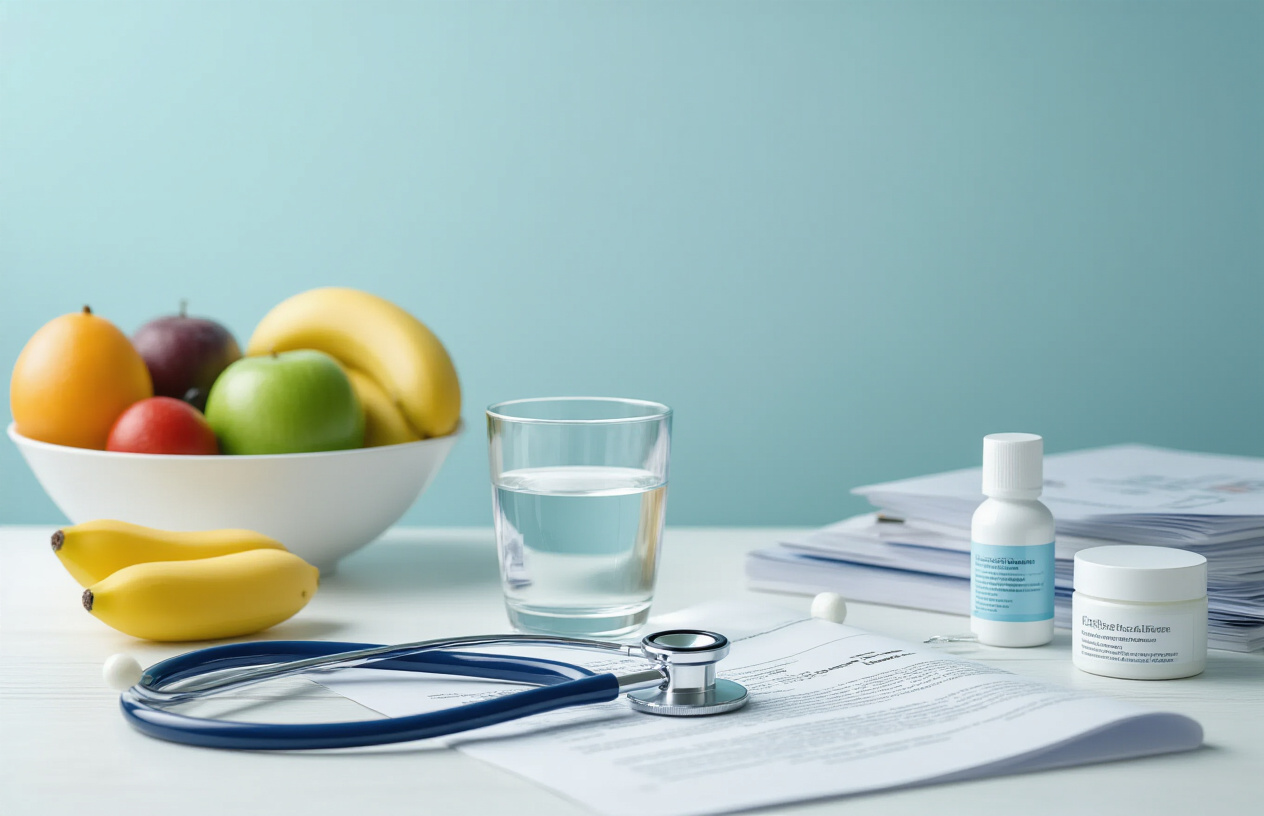
Breaking free from these widespread health myths empowers you to make better decisions about your daily wellness routine. Whether it’s understanding that you don’t need to force down eight glasses of water daily, realizing that eggs won’t harm your heart, or knowing that antiperspirants don’t cause breast cancer, science-backed facts help separate truth from fiction. These evidence-based insights also reveal that cold weather doesn’t make you sick and that cracking your joints won’t lead to arthritis.
The key takeaway is simple: question common health beliefs and seek reliable, scientific evidence before making changes to your lifestyle. When in doubt, consult with healthcare professionals who can provide personalized guidance based on current research rather than outdated assumptions. By staying informed and thinking critically about health claims, you can focus on what truly matters for your wellbeing while avoiding unnecessary worry about harmless habits and practices.